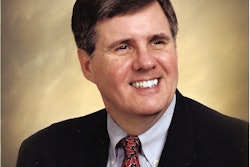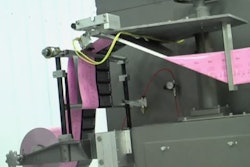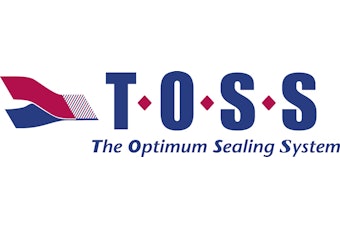
Dr. Margaret Hamburg, newly confirmed by the U.S. Senate, has plenty of “job #1s” to worry about. The agency could use some polish on its image, as it has suffered from recent scandals casting doubt on its ability to oversee the safety of foods and drugs.
If the FDA is like a good offensive line in football—when things go well, you never hear much about them—lately the public has been hearing a lot about them. And that isn't good for the FDA.
Dr. Hamburg gave some insights into her approach to the commissioner's job in an editorial she wrote published recently in the New England Journal of Medicine, along with Dr. Joshua Sharfstein, the FDA's new deputy commissioner.
Traditionally, you often see the FDA's primary mission described as either protection of public health (through rulemakings, inspections, and enforcement actions), or helping get new products to market (by clearing new drugs or medical devices, for example), or both.
There are interesting philosophical debates about the significance of naming one or the other of these missions as the first “job #1”: protection, or access to market. Hamburg appears to acknowledge the importance of both roles.
Hamburg emphasized the FDA's expected roles in development of a vaccine against the H1N1 flu virus, and FDA's plans to work closely with other federal agencies tasked with protecting public health. She happily mentioned the importance of risk communication, showing that she recognizes that a public agency dealing with safety issues must not only find facts, but talk to the public about them effectively.
One thing is already clear: Dr. Hamburg comes to the FDA with ideas about the agency's various jobs and how best to do them, and we can expect a high level of activity as she, Dr. Sharfstein, and the rest of the agency set about putting those ideas into practice.
-By Eric Greenberg, Attorney-at-Law
www.ericfgreenbergpc.com
If the FDA is like a good offensive line in football—when things go well, you never hear much about them—lately the public has been hearing a lot about them. And that isn't good for the FDA.
Dr. Hamburg gave some insights into her approach to the commissioner's job in an editorial she wrote published recently in the New England Journal of Medicine, along with Dr. Joshua Sharfstein, the FDA's new deputy commissioner.
Traditionally, you often see the FDA's primary mission described as either protection of public health (through rulemakings, inspections, and enforcement actions), or helping get new products to market (by clearing new drugs or medical devices, for example), or both.
There are interesting philosophical debates about the significance of naming one or the other of these missions as the first “job #1”: protection, or access to market. Hamburg appears to acknowledge the importance of both roles.
Hamburg emphasized the FDA's expected roles in development of a vaccine against the H1N1 flu virus, and FDA's plans to work closely with other federal agencies tasked with protecting public health. She happily mentioned the importance of risk communication, showing that she recognizes that a public agency dealing with safety issues must not only find facts, but talk to the public about them effectively.
One thing is already clear: Dr. Hamburg comes to the FDA with ideas about the agency's various jobs and how best to do them, and we can expect a high level of activity as she, Dr. Sharfstein, and the rest of the agency set about putting those ideas into practice.
-By Eric Greenberg, Attorney-at-Law
www.ericfgreenbergpc.com






















